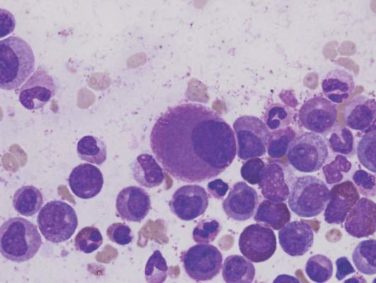EXPERT ANALYSIS AT THE APA ANNUAL MEETING
AtLANTA (FRONTLINE MEDICAL NEWS) – Encouraging alcoholic patients to attend Alcoholics Anonymous meetings can help them in the long run, but the role of the clinician only begins there, experts said at the annual meeting of the American Psychiatric Association.
When referring patients to AA, it is important to let patients know what they will encounter, Dr. Marc Galanter said. “As a clinician, you want your patients to come back and talk about the meetings, and what meetings will be comfortable for them” to attend.
Patients most likely to join are those experiencing the worst depression, said Dr. Galanter, professor of psychiatry, director of the division of alcoholism and drug abuse at New York University, and author of “What is Alcoholics Anonymous?” (New York, N.Y.: Oxford University Press, 2016). “We’ve found that the social support and engagement initially are connected to the relief of distress.
“I suggest you ask your patients to go to three or four meetings, and talk with them afterward. The outcome for people who go to any AA meeting or [Narcotics Anonymous] meeting is a lot better than for those who do not go at all.”
Getting patients to attend AA meetings is a key step toward recovery, but recovery and abstinence are not synonymous, said Dr. A. Kenison Roy III, a member of the department of psychiatry at Tulane University and Louisiana State University who is affiliated with Addiction Recovery Resources, a treatment program in New Orleans. He cited a web-based study of 9,341 people by Lee Ann Kaskutas showing that the belief that recovery is abstinence is broadly held (Sage Open. 2015. doi: 10.1177/2158244015574938).
Dr. Joseph Westermeyer said the average person who achieves strong recovery is someone who has been an active member in AA for about 7 years.
Heavy users have to come to terms with the possibility of changing their lives completely, said Dr. Westermeyer, professor of psychiatry at the University of Minnesota, Minneapolis.
“The act of losing members of your social network is not fun [and] very lonely,” said Dr. Westermeyer, who has worked with many population groups, including people in their mid-teens to mid-30s, Native American AA groups, and veterans. “If you want to induce an adjustment reaction, just go away from home. But it can happen.”
Some of AA’s 12 Steps work well for veterans, such as the emphasis on strong peer support. But other guiding principles, such as emphasis on powerlessness, run counter to the way veterans think, he said. “Vets have problems with that powerlessness step,” Dr. Westermeyer said. “They never want to surrender.”
During the question-and-answer period, one person asked how the use of maintenance medications should be handled in light of the AA’s emphasis on total abstinence.
“Prescription meds are always an outside issue,” Dr. Galanter said. “We advise patients not to advertise that they’re on maintenance. Their sponsor should know. Preparing patients for immersion in that culture is one of the things we can do.”
Dr. Galanter, Dr. Roy, and Dr. Westermeyer reported no relevant financial disclosures.




